Optimal Timing for Interior Painting
Interior painting projects are influenced by seasonal and environmental factors. Choosing the optimal time ensures better results, longer-lasting finishes, and a more comfortable painting experience. The timing depends on climate conditions, humidity levels, and indoor temperature stability.
Spring and fall are generally considered the best seasons for interior painting due to moderate temperatures and lower humidity levels, which promote proper drying and curing.
High humidity during summer can lead to longer drying times and potential issues like blistering or peeling of paint. Winter may pose challenges due to cold temperatures affecting paint adhesion.
Maintaining a stable indoor environment with temperatures between 65-75°F and low humidity levels enhances paint performance and longevity.
Scheduling painting projects during periods of low indoor activity minimizes disruptions and allows for proper curing without interference from daily household routines.
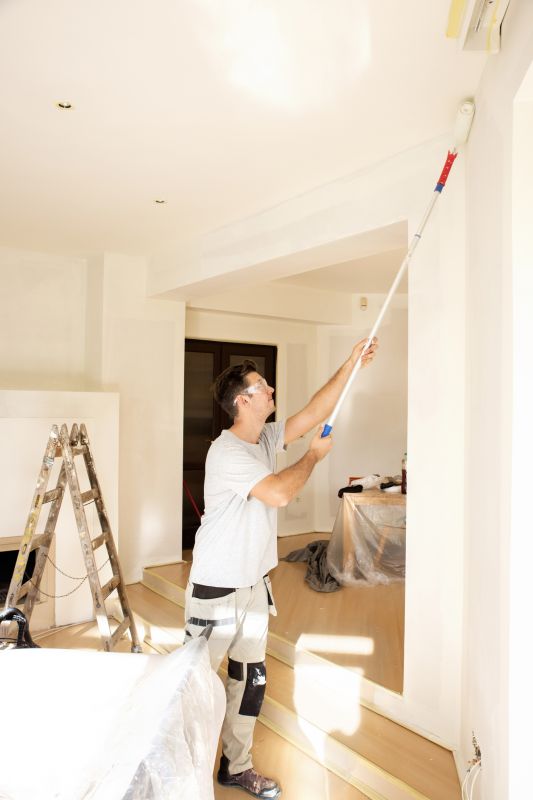
Spring offers ideal conditions for interior painting with mild temperatures and lower humidity.
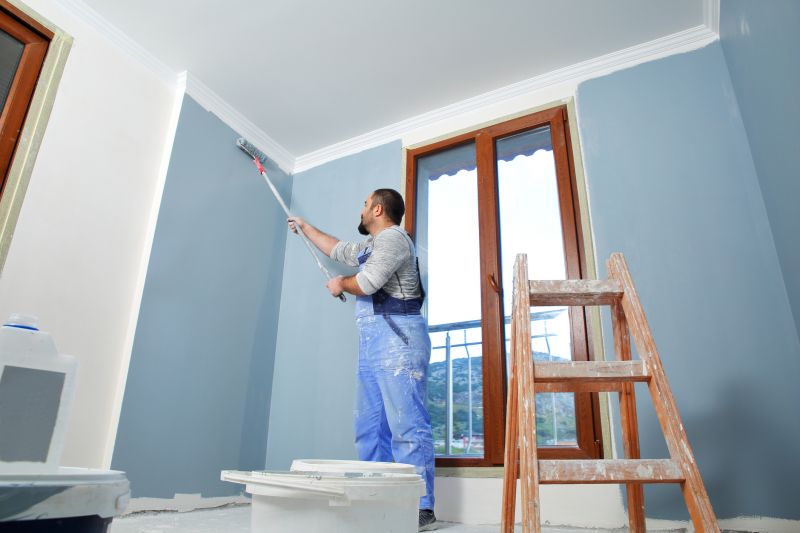
Fall provides a stable environment for interior projects before winter sets in.
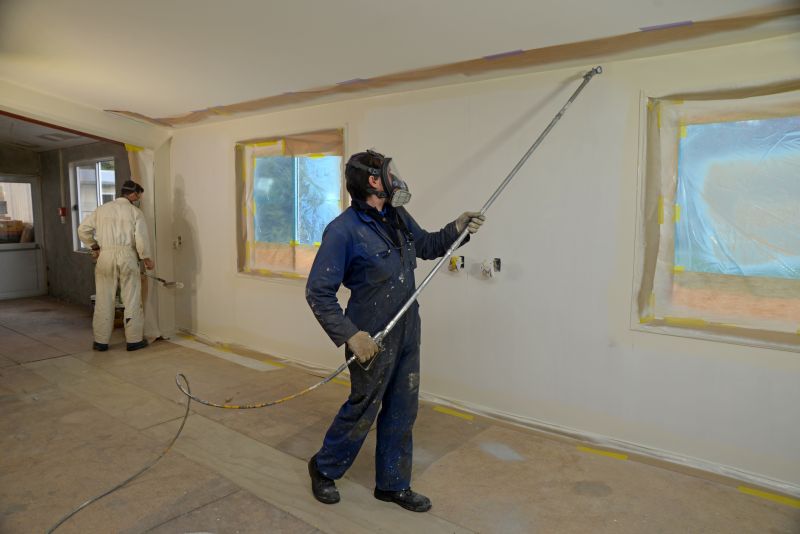
Maintaining proper indoor conditions is crucial for successful interior painting regardless of season.
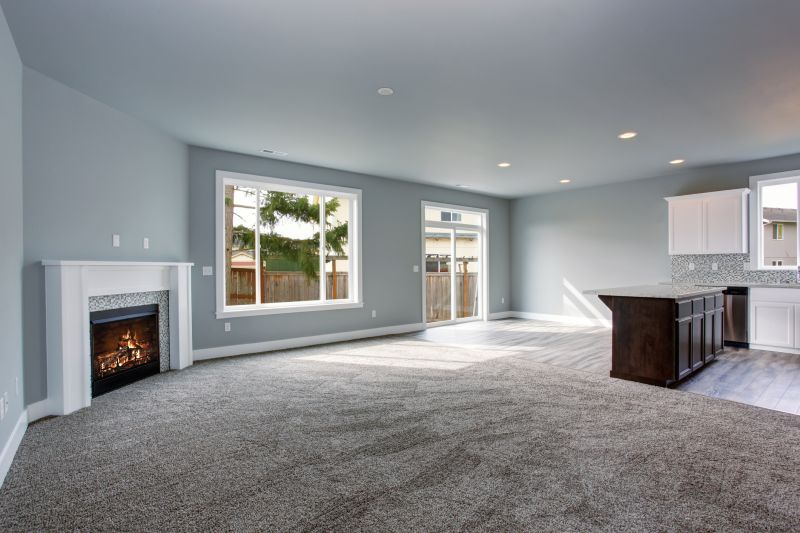
Ways to make Interior Paintings work in tight or awkward layouts.
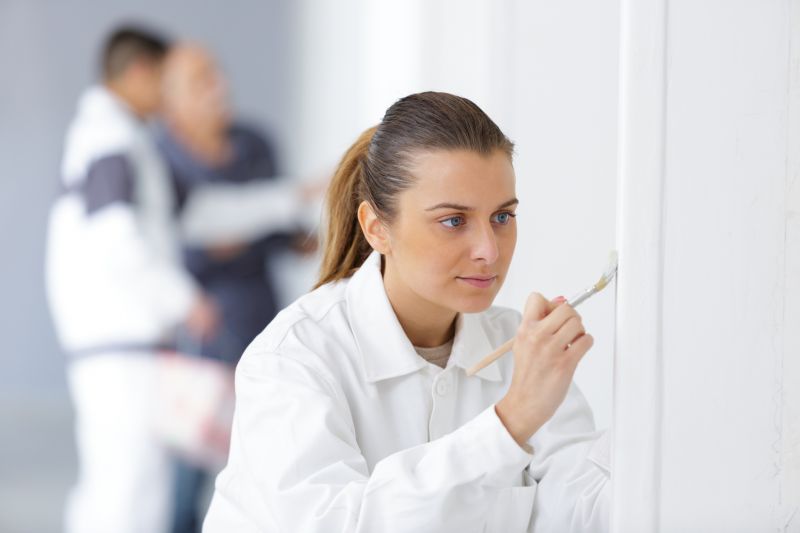
Popular materials for Interior Paintings and why they hold up over time.
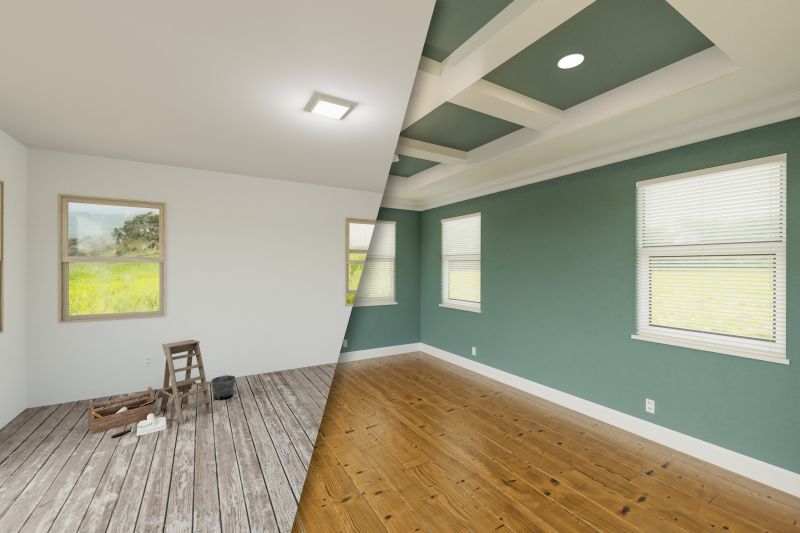
Simple add-ons that improve Interior Paintings without blowing the budget.
| Season | Recommended Conditions |
|---|---|
| Spring | Moderate temperatures, low humidity, ideal for painting |
| Summer | High temperatures and humidity may cause delays and issues |
| Fall | Cooler temperatures, low humidity, suitable for interior projects |
| Winter | Cold temperatures indoors can affect paint adhesion and drying |
| Late Fall | Start projects early to avoid winter challenges |

